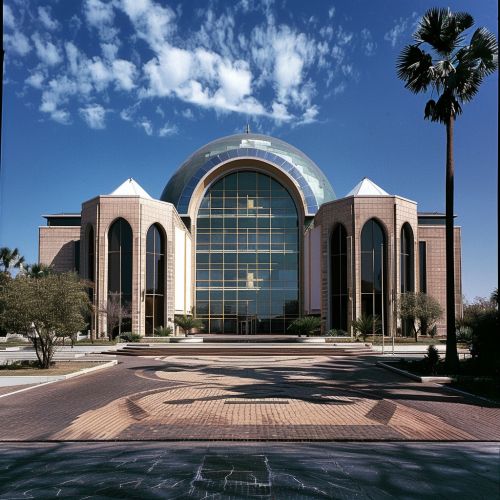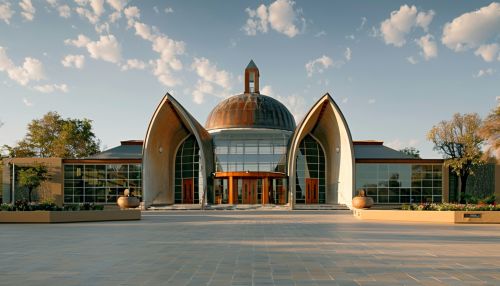Politics of Botswana
Political History
Botswana, officially the Republic of Botswana, is a landlocked country located in Southern Africa. The political history of Botswana is closely linked with its geographical location and its economic development. The Tswana are the majority ethnic group in Botswana, making up about 79% of the population. The country's political structure is a representative democratic republic, where the President of Botswana is both the head of state and the head of government.


The Bechuanaland was a British protectorate established on 31 March 1885. The protectorate was administered by a British Resident Commissioner, who was subject to the High Commissioner for South Africa. The first general elections were held in 1965, just before independence. The Botswana Democratic Party (BDP) has been in power since the first general elections.
Political Structure
The political structure of Botswana is based on a multi-party system. Executive power is exercised by the government while legislative power is vested in both the government and the two chambers of Parliament. The judiciary is independent of the executive and the legislature.
The President of Botswana is elected by the members of the National Assembly. The term of office of the President is five years. The President is the head of state, the head of government, and the commander-in-chief of the armed forces. The President appoints a Vice President, who must be an elected member of the National Assembly.
Political Parties
The political landscape of Botswana is dominated by the Botswana Democratic Party (BDP), which has been in power since the country's independence in 1966. The main opposition party is the Botswana National Front (BNF). Other significant parties include the Botswana Congress Party (BCP) and the Botswana Movement for Democracy (BMD).
The BDP has maintained its dominance in Botswana's political scene through a combination of strong leadership, effective governance, and the implementation of popular socio-economic policies. The party's success is also attributed to Botswana's political stability and economic growth.
Electoral System
Botswana's electoral system is based on the principle of universal adult suffrage. The country conducts general elections every five years. The electoral system is a first-past-the-post system, where the candidate with the most votes in a constituency wins the seat.
The Independent Electoral Commission (IEC) is responsible for conducting and supervising elections in Botswana. The IEC is an independent body that operates under the Office of the President.
Political Culture
Botswana's political culture is characterized by a strong commitment to democracy and good governance. The country has a history of peaceful political transitions and a strong respect for the rule of law. Political participation is high, with voter turnout often exceeding 80% in general elections.
Botswana's political culture is also marked by a high degree of tolerance for political diversity. The country's political parties operate freely, and opposition parties are able to contest elections without fear of repression.
Challenges and Criticisms
Despite its political stability and democratic credentials, Botswana's political system has faced criticism. The dominance of the BDP has led to concerns about the lack of effective political competition. Critics argue that the first-past-the-post electoral system has contributed to the BDP's dominance by marginalizing smaller parties.
Corruption is another challenge facing Botswana's political system. While Botswana is ranked as one of the least corrupt countries in Africa, there have been several high-profile corruption scandals in recent years.
